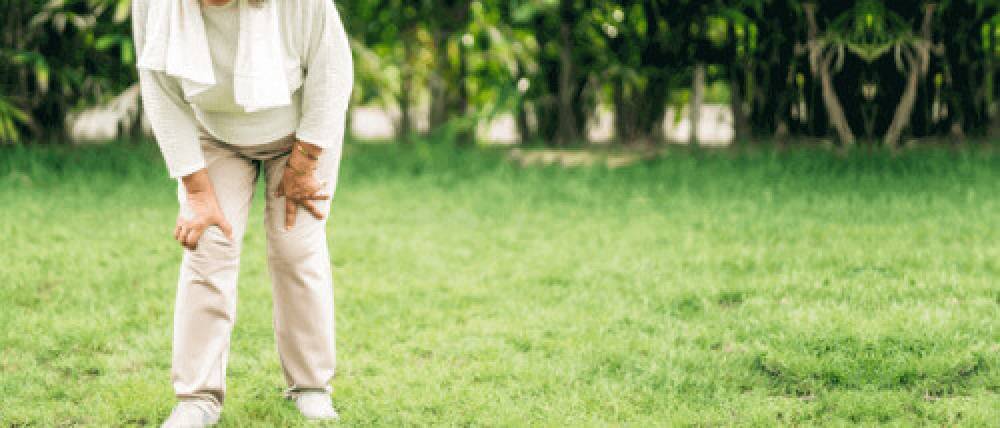High cholesterol is a condition that can have serious consequences for your heart health. It is commonly caused by poor lifestyle choices, such as a lack of exercise, excessive drinking and smoking, and a high-fat diet.
High cholesterol levels in your blood can cause coronary artery diseases, cardiovascular diseases, and stroke. High cholesterol shows no symptoms, so it is often referred to as a silent killer. A blood test is necessary to detect high cholesterol levels in the body.
What is Cholesterol?
A class of lipids known as cholesterol serves various vital functions in your body. Because lipids don't break down in the water, they stay together in your blood. As an alternative, they move via your blood to the various areas of your body that require them.
The amount of cholesterol your body requires is produced by your liver. But you can also consume more cholesterol through your diet. Your body has a mechanism for eliminating extra cholesterol. But occasionally, that system is overburdened or performs below par. As a result, you have excess cholesterol moving around in your blood. And that's when things could go south for you.
Good Cholesterol Vs Bad Cholesterol
The "good" cholesterol is known as high-density lipoprotein (HDL) cholesterol because it aids in the removal of other types of cholesterol from your bloodstream. Lower risk of heart disease is linked to higher HDL cholesterol levels.
Most cholesterol in your body is LDL (low-density lipoprotein), also referred to as "bad" cholesterol. Your risk of heart disease and stroke increases with high LDL cholesterol levels.
Warning Signs Not To Be Ignored While Walking
Excess weight or body fat is commonly identified as an indicator of high cholesterol. However, some warning signs may appear in different parts of your body, such as your legs. PAD, or Peripheral arterial disease, is the blockage of arteries, and some of the arteries that might be impacted may supply blood to the legs. As a result, it is advised not to ignore these high cholesterol symptoms and to consult a doctor if they persist:
Leg Pain:
One of the most prevalent signs of PAD is leg pain. Your lower body does not receive the necessary amount of oxygen-rich blood when the arteries in your legs are blocked. Your leg could feel heavy and worn out as a result. Burning discomfort in the lower limbs is the most common complaint of those with high cholesterol levels. One may experience discomfort in the legs or any leg area, from the calf to the thigh or buttock. The most common cause is engaging in physical activity like jogging, walking, and climbing stairs. When you relax, this soreness typically disappears, but it can return when you start moving your legs again.
Cold Feet and Legs:
Even in the summer, having high cholesterol levels might cause your feet or legs to feel chilly or cold throughout the year. This could signify that you have PAD, yet it does not always imply that you only have PAD. However, it could be time to see your doctor if one leg or foot feels cold but not the other.
Calf Muscles Atrophy:
Advanced PAD patients may see a decline in the size of their calf muscle or atrophy. High cholesterol can cause inadequate blood flow, reducing muscle fibres quantity and size. Muscle atrophy occurs due to the limbs being deprived of oxygen and blood rich in nutrients.
According to doctors, those with severe PAD can lose more than half of the muscle fibres in the area affected, and the remaining muscle fibres often atrophy or shrink in size.
Change in Skin Colour:
High cholesterol can also cause a decrease in blood flow, which can impact the colour of your skin. This is because the cells are not receiving the correct nutrition because the blood's flow, which carries nutrients and oxygen, has diminished. For example, raising the legs can make the skin appear light, yet hanging it can make it appear purple or bluish.
Feet Ulcers:
Feet ulcers are open wounds or sores that have not healed. Without treatment, these ulcers may continue to develop. Poor circulation is the most frequent cause of this disease. When an ulcer doesn't heal or heals slowly, it may be a sign that your leg's blood supply is being restricted by excessive cholesterol. Because of their worn-out, sore legs, people with PDA will find it difficult to move far or quickly. Leg ulcers can heal without more problems if treated quickly.
Night Cramps:
Another prevalent sign of excessive cholesterol levels harming the arteries in the lower extremities is severe leg cramps during sleeping. The issue worsens when you're sleeping at night. When sleeping, people with PAD may have cramps or spasms, most frequently in the heel, forefoot, or toes. It can be relieved by sitting or dangling the foot off the bed, which causes gravity to help the blood flow to the feet.
Summing It Up
You need to control high cholesterol, which is a silent killer. If you are detected with high cholesterol, you should make lifestyle and dietary changes to reduce the level of bad cholesterol in blood or low-density lipoprotein. Low-density lipoprotein levels should normally be less than 70 milligrammes per deciliter. If you have high cholesterol, purchasing a dedicated heart health insurance plan is advisable to protect your finances if you suffer any cardiac ailments. Care Heart by Care Health Insurance is a medical policy that covers you for existing heart conditions or if you have undergone any cardiac surgery in the past.
Your cholesterol risks can be reduced by engaging in regular exercise, eating foods high in healthy fats and low in saturated fat, stopping smoking, and avoiding alcohol.
If you are already on medication, follow the directions carefully while adjusting your lifestyle.
Disclaimer - The above information is for reference purposes only: Policy Assurance and Claims at the underwriter's discretion.
